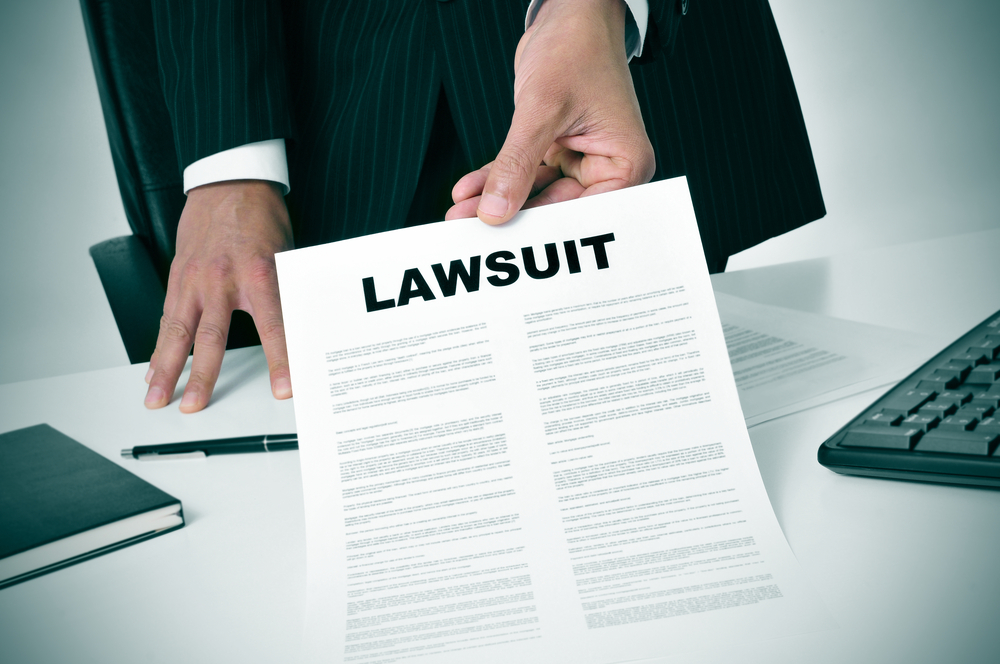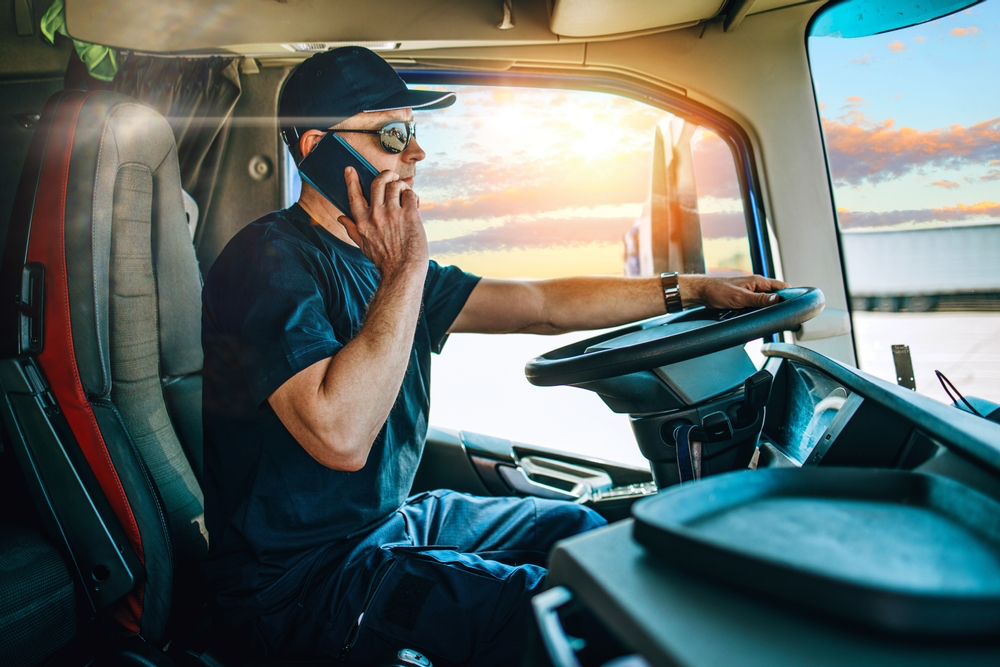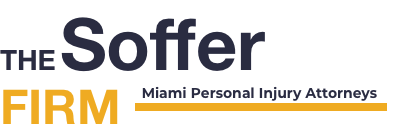What is the Maximum Truck Accident Injury Compensation in Florida?

When you’re caught in the aftermath of a truck accident in Florida, the road to recovery can seem daunting. You’re likely grappling with medical bills, lost wages, and the emotional toll of the incident. Understanding your rights and the potential compensation available is crucial. Let’s dive into what you need to know about truck accident […]
What is the Maximum Truck Accident Injury Compensation in Florida?

When you’re caught in the aftermath of a truck accident in Florida, the road to recovery can seem daunting. You’re likely grappling with medical bills, lost wages, and the emotional toll of the incident. Understanding your rights and the potential compensation available is crucial. Let’s dive into what you need to know about truck accident […]
How Much Are Most Truck Accident Settlements?

When you’re caught up in the aftermath of a truck accident, the road to recovery can feel like an uphill battle. One question that’s likely weighing heavily on your mind is, “How much are most truck accident settlements?” It’s a valid concern, and as a Miami truck accident lawyer, I’m here to shed some light […]
What Happens if the Truck Driver Who Hit You Violated FMSCA?

If you’ve been hit by a truck in Miami, you’re probably feeling overwhelmed and unsure about your next steps. It’s a challenging situation, made even more complicated if the truck driver who hit you violated Federal Motor Carrier Safety Administration (FMCSA) regulations. But don’t worry; you’re not alone in this journey. Let’s explain what this […]
What Is The Difference Between Negligence And Premises Liability?

When you’re hurt on someone else’s property in Miami, it’s easy to get lost in the maze of legal terms. Let’s cut through the noise and understand what you need to know about negligence and premises liability. The Soffer Firm has been voted Super Lawyers “Rising Star” and “National Trial Lawyers – Top 40 Under […]
What Are My Rights After an Injury at a Retail Store in FL?

Tripping over a loose floorboard or slipping on a wet surface in a retail store can turn a routine shopping trip into a nightmare. If you’ve suffered an injury at a retail establishment in Florida, you’re likely grappling with pain, medical bills, and uncertainty about your rights. Let’s unpack what you need to know to […]
What Is The Statute Of Limitations On Premises Liability In Florida?

Have you been hurt on someone else’s property in Florida? You’re not alone. Many people find themselves in this tough spot every year. Knowing your rights and how long you have to take action is important. Let’s dive into what the law says about the time limits for premises liability cases in the Sunshine State. […]
What Are Damage Caps In Florida Law?

Getting injured in an accident can be a physically, emotionally, and financially draining experience. If you or a loved one have been hurt by a negligent driver, particularly in a truck accident, you may be entitled to compensation for your damages. However, it’s important to understand Florida’s laws regarding damage caps that could limit the […]
What Is The Most Common Injury In A Motorcycle Accident?

Suffering a motorcycle accident can be a traumatic and life-altering experience. Suppose you or a loved one has been involved in a motorcycle crash in Miami, Florida. In that case, you may be grappling with the physical, emotional, and financial consequences of the most common injuries associated with these accidents. Understanding your legal rights and […]
Are There Specific Laws That Affect Amazon Truck Accident Claims?

Getting into an accident with a commercial truck, like an Amazon delivery vehicle, can be a scary and confusing experience. You may be worried about your injuries, damage to your car, and how you will pay for everything. If you’ve been hit by an Amazon truck in Miami, you likely have questions about your legal […]
